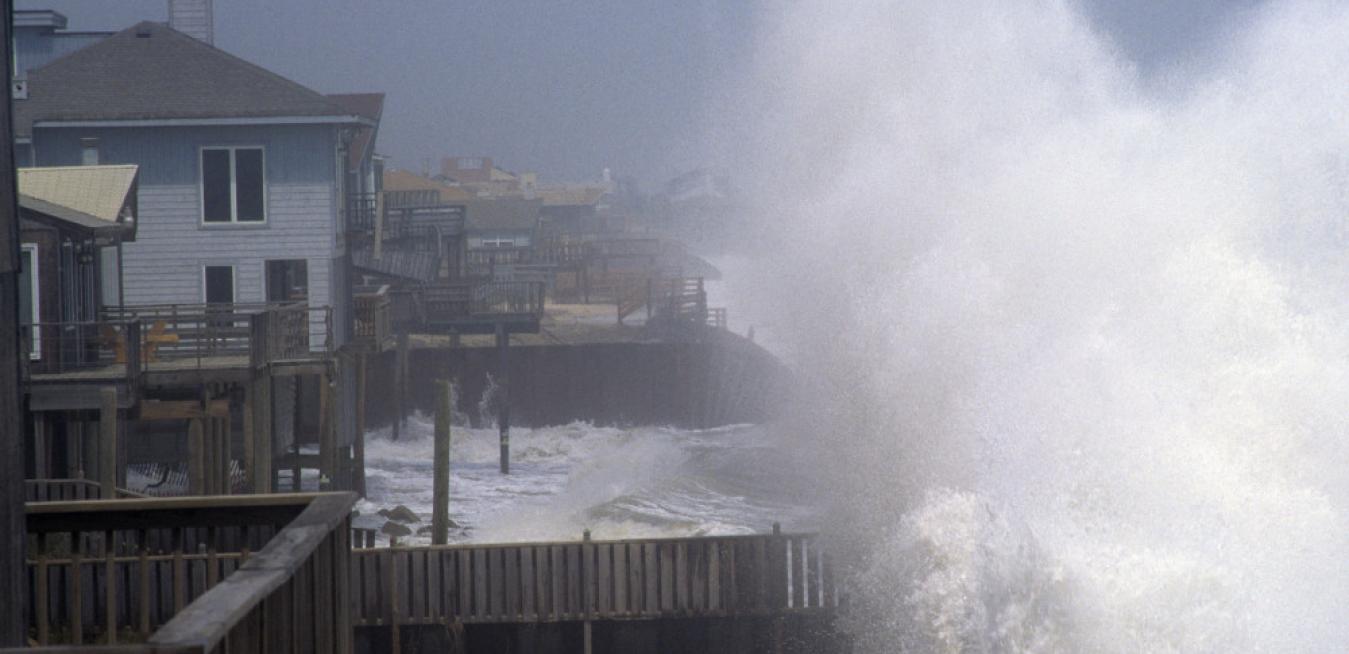One of the last business trips Danielle Merfeld took before the pandemic was to get an up-close look at the prototype for GE’s Haliade-X, the most powerful offshore wind turbine in operation, installed at the tip of the Port of Rotterdam in the Netherlands.
Set aside the politics. If by some miracle we turned off carbon emissions immediately, how would the climate respond? Richard Rood, a professor at the University of Michigan's Department of Climate and Space Sciences and Engineering, explores that scenario.
All over the world these days, sustainable design is good design -- from China's tallest tower to the Bellagio Hotel fountains. Designers and engineers who are addressing climate change and aiming for higher resource productivity typically employ five approaches, writes Lynelle Cameron, president and CEO of the Autodesk Foundation and vice president of sustainability at Autodesk.
Most people don’t see themselves as having the personal power or influence to make a compelling difference in climate change.
Cities like New York City and New Orleans learned the hard way what kind of damage extreme weather events can inflict — and the limitations of current policy approaches. Facing our climate vulnerabilities demands focused action. Vicki Arroyo, executive director of the Georgetown Climate Center, highlights some policies that can help communities be prepared for a future that looks different from our past.
Paris could prove the turning point in the global effort to combat climate change, but culture will be as important as policy going forward.
Earlier this week delegates from 196 countries arrived in Paris to attend the 21st Conference of the Parties (COP21) of the UN Framework Convention on Climate Change. COP21 is neither the first nor will it be the last COP. Yet many see it as the most important negotiation round since the 2009 one in Copenhagen.While this approach makes sense — given that climate change is a global issue and market-based national or international solutions would be far less expensive solutions than command and control approaches — an ambitious, binding international treaty has yet to materialize. And here in the U.S., climate change legislation doesn’t look likely for the foreseeable future.










